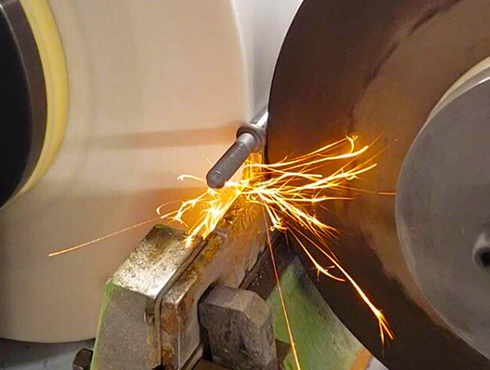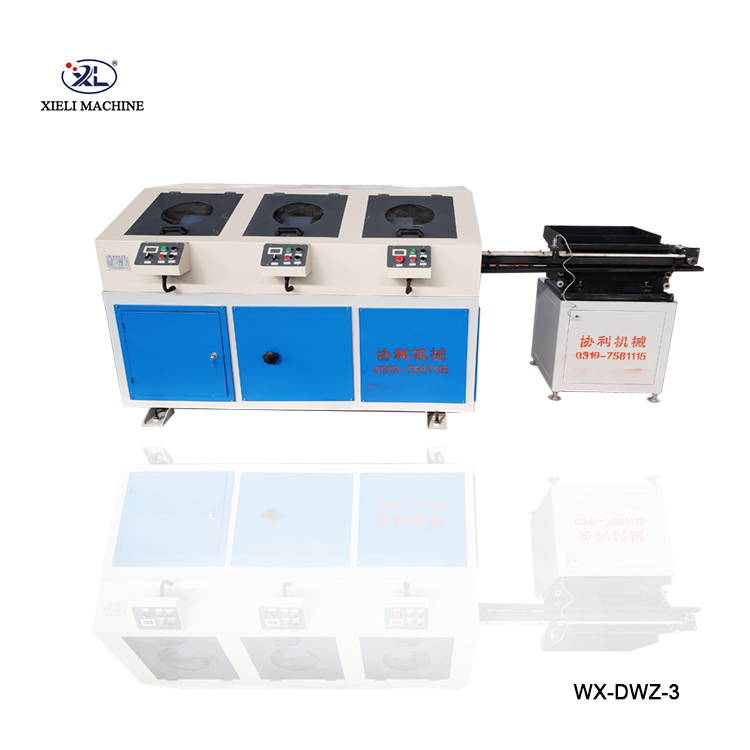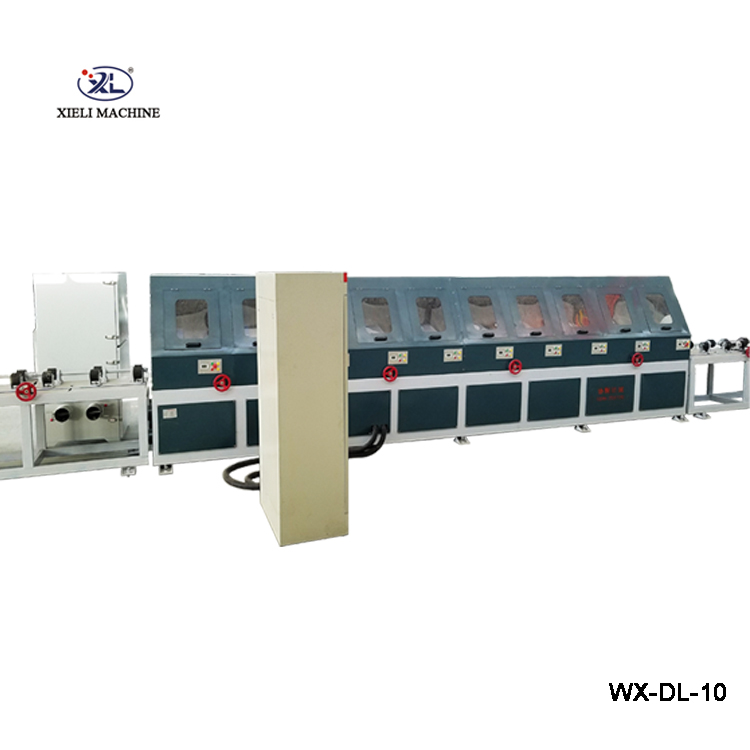The Role and Responsibilities of a Centerless Grinder Operator
In the world of manufacturing, precision is paramount. One key player in this field is the Centerless Grinder Operator. These skilled professionals are responsible for the operation of centerless grinding machines, which are used to shape and finish a wide range of components in industries such as automotive, aerospace, and general manufacturing. This article delves into the responsibilities, skills, and challenges faced by centerless grinder operators.
Understanding Centerless Grinding
Centerless grinding is a machining process that removes material from the surface of a workpiece. Unlike traditional grinding methods, the workpiece is not held in place by a chuck or fixture. Instead, it is supported on a work rest blade and is held in line by the grinding wheel and a regulating wheel. This setup allows for fast and efficient grinding of cylindrical parts, making it a popular choice for mass production.
Key Responsibilities
The primary responsibility of a centerless grinder operator is to set up and operate the grinding machine. This involves several critical tasks
1. Machine Setup Before beginning production, operators must set up the machine by selecting appropriate wheels for grinding, adjusting the work rest blade, and ensuring the machine is calibrated for the specific dimensions of the workpiece. This requires a deep understanding of the materials being processed and the characteristics of the grinding wheels.
2. Quality Control Operators must closely monitor the grinding process to ensure that parts are within specified tolerances and standards. This includes measuring dimensions using tools such as calipers and micrometers, and making adjustments to the machine as needed.
3. Maintenance Regular maintenance of the grinding machine is crucial for optimal performance. Operators are responsible for cleaning the machine, inspecting it for wear and tear, and replacing worn components when necessary. This helps prevent breakdowns and maintains the quality of the finished product.
4. Troubleshooting When issues arise, such as excessive vibrations, poor surface finish, or part misalignment, the operator must quickly diagnose and rectify the problem. This may involve adjusting machine settings, replacing grinding wheels, or addressing mechanical issues.
5. Documentation Keeping accurate records of production runs, including quantities produced, machine settings, and any issues encountered, is an essential part of an operator's job. This documentation helps in maintaining quality control and improving future processes.
Essential Skills
centerless grinder operator

To excel as a centerless grinder operator, individuals must possess a specific skill set
- Technical Knowledge A strong understanding of machining principles, material properties, and machine operation is critical
. Familiarity with blueprints and technical drawings is also necessary.- Attention to Detail Precision is key in grinding operations. Operators must have a keen eye for detail to identify defects and inconsistencies in the grinding process.
- Problem-Solving Skills The ability to troubleshoot and solve problems quickly is essential. Operators should be resourceful and capable of thinking on their feet.
- Physical Stamina The job often requires standing for long periods and performing repetitive motions, so physical stamina is important.
Challenges Faced
Centerless grinder operators often face various challenges in their work environment. These can include
- Variability in Materials Different materials may react differently under grinding conditions, requiring operators to adapt their setups frequently.
- Maintaining Precision Under Pressure In fast-paced production environments, operators must maintain high levels of precision while often working under tight deadlines.
- Equipment Downtime Unexpected machine breakdowns can significantly impact production schedules, making effective troubleshooting and maintenance practices critical.
Conclusion
The role of a centerless grinder operator is crucial in the manufacturing process, ensuring that high-quality components are produced efficiently. With a blend of technical skills, attention to detail, and problem-solving abilities, these operators play an essential part in maintaining the integrity and precision of manufacturing operations. As industries continue to evolve with advancements in technology, the expertise of centerless grinder operators will remain indispensable in the quest for excellence in production.





